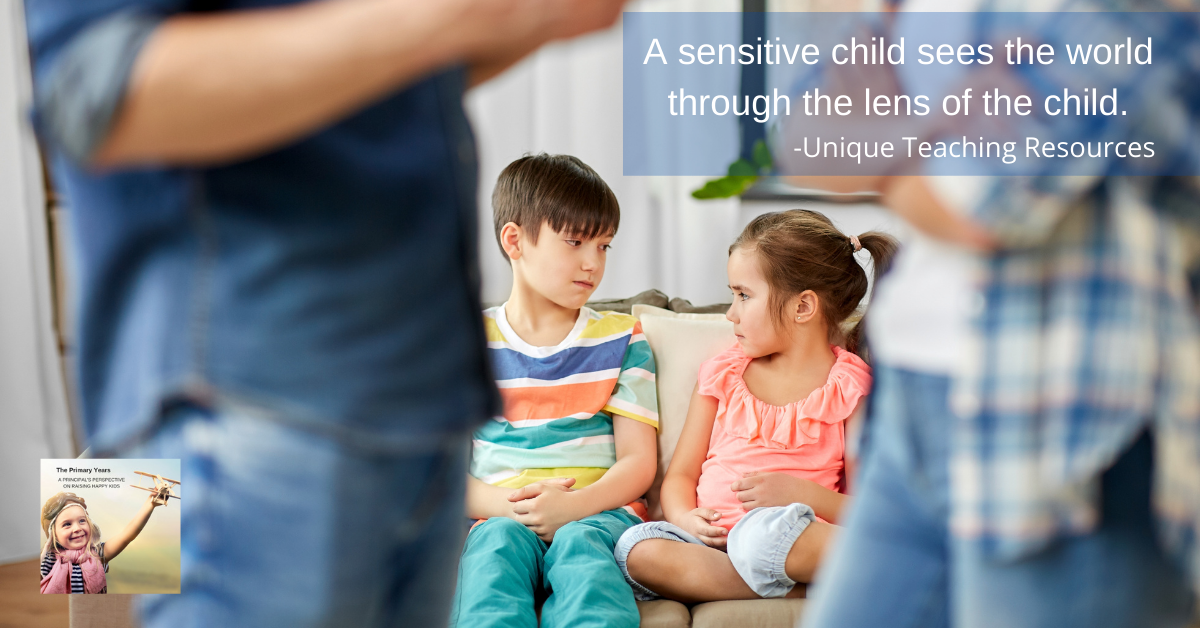In our tricky world, appropriate consequences for poor behaviour, are hard to resolve. Given the intense time we are placed in with our children there will be occasions when we need to correct their behaviour. We need incredible tolerance and understanding under the circumstances, even though we are under so much personal pressure.
When we live in a confined space together and have to create our own new world, this will come with unusual tensions which do not demand a familiar response. What is normal in these situations? There is no familiar formula.
I would be recommending not considering punishment to fit the crime, but rather reflecting on how the child is coping with the tensions and how best to respond. Consider the following suggestions in talking to your child when their behaviour is out of control and your ability to manage the situation is at a low.
“I am upset that this has happened. How can we best deal with it?”
“I find that things are difficult at the moment, please find a solution to help me get on top of this problem.”
“I am angry that this has happened and I am finding it difficult, what can we do to solve this problem?”
“My ability to handle this situation is not great at the moment we will deal with it later.”
All these responses are about acknowledging behavioural problems, not overreacting, yet demonstrating a need to talk it through and resolve the matter. It gives you the personal space to take away the anger and think about how to respond in a fair and reasonable way at a later date.
Quick aggressive responses do require a fair bit of comeback and can-do considerable damage to fragile relationships.
Whilst I appreciate that through active listening and understanding the problem, there may still need to be consequences. I am however, advising that in a confined situation for a prolonged time it will require both parties to have tolerance and shift expectations in terms of consequences. We are in a new norm and this is taking its toll on everyone. It requires us as parents to think differently in managing our children. Abiding by “old thinking” will not be the answer for supporting children in this unique situation. Tolerance, understanding, forgiveness, turning a blind eye, etc. are helpful tools in moving forward in some situations.
The parent needs to show intuition, wisdom and discernment in finding solutions to inappropriate behaviour often driven by extremely different circumstances for all parties. This is where you, the parent take ownership of managing the situation well.












